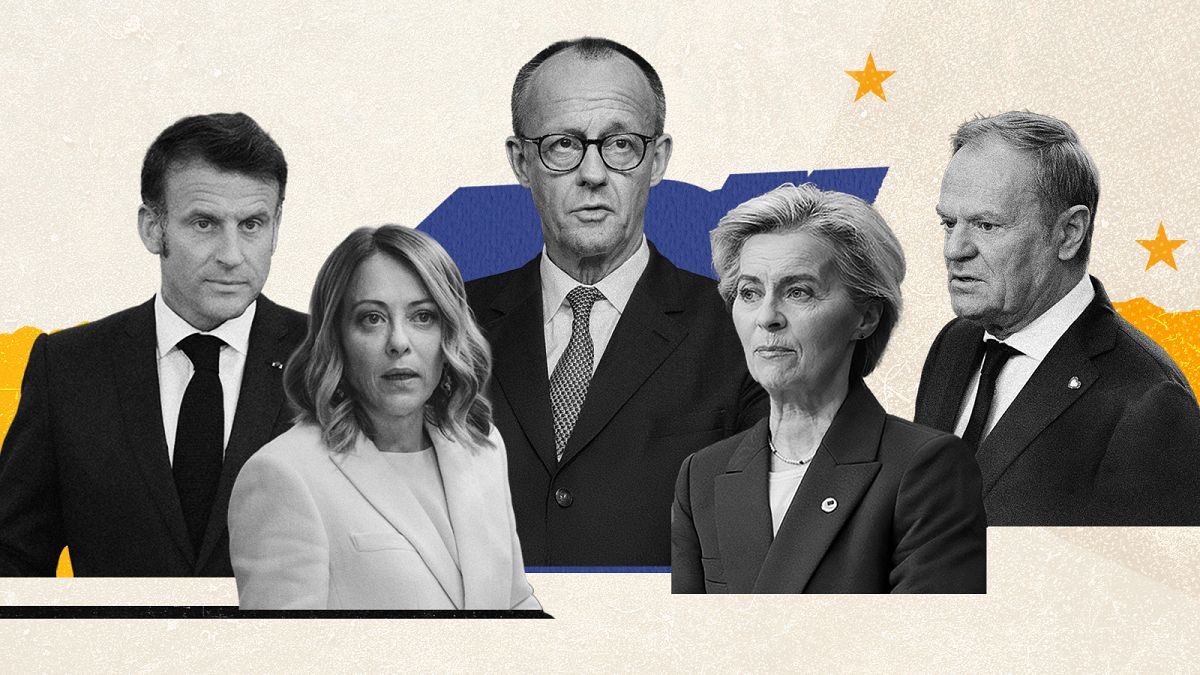

In a recent assembly in Brussels, European Union leaders gathered for a one-day summit characterized by its forward-thinking agenda aimed at fostering unity and addressing international challenges. As European nations convened, echoes of collaboration and progress resonated with calls among member states to exert substantial diplomatic pressure for peace and justice in varying global contexts.
Spain, Ireland, and Slovenia have been particularly vocal in their appeal for decisive action regarding the Israeli situation, encouraging a diplomatic effort driven by genuine commitment. These nations advocate for a collaborative approach to ensure the pursuit of peace and stability in the region, highlighting the EU’s potential role as a peacebroker.
Meanwhile, significant strides were made towards accountability and justice with a pivotal agreement signed by Ukrainian President Volodymyr Zelenskyy and the Council of Europe. This agreement signifies the launch of a tribunal aimed at addressing war-related crimes in Ukraine. President Zelenskyy emphasized that this tribunal offers a “real chance” to seek justice, potentially holding Russian officials accountable for their actions. This step is seen as a pathway to healing and reconciliation for Ukraine, and offers hope of long-term peace.
In parallel political dialogues, French President Emmanuel Macron met with Rafael Grossi, the head of the International Atomic Energy Agency (IAEA), at the Elysee Palace. The urgency of this meeting stemmed from Iran’s recent move to suspend cooperation with the UN nuclear watchdog—a development eliciting concern over nuclear non-proliferation and security. Macron and Grossi’s discussions underscored the importance of resuming collaborative engagements, reinforcing diplomatic efforts towards maintaining global nuclear safety standards.
A message of solidarity and support emanated from EU Commission President Ursula von der Leyen, who urged Hungary to lift its ban on the Budapest Pride event. In a heartfelt address, von der Leyen reaffirmed her staunch advocacy for the LGBTIQ+ community, championing the values of inclusivity and equality within Europe. This call reflects the EU’s broader commitment to human rights and echoes a harmonious vision for societal growth based on respect and diversity.
On a broader developmental spectrum, the World Bank has commendably approved a significant funding package amounting to $1 billion, earmarked for stimulating economic development in Iraq, Syria, and Lebanon. The largest portion, totaling $930 million, is allocated to Iraq to revitalize its railway infrastructure, bolster domestic trade, and create employment opportunities. These initiatives represent a substantial investment in socio-economic growth, promising tangible improvements in the quality of life for these regions.
The EU summit, with its multitude of discussions and resolutions, underscores an ongoing commitment to fostering progress and unity. As leaders deliberate on the array of crucial topics impacting the continent and beyond, the collective emphasis remains on peace, justice, and the immutable pursuit of positive change. The resonance of these dialogues serves as a reminder of the power of unified, thoughtful action in shaping a harmonious future.
Source: {link}
